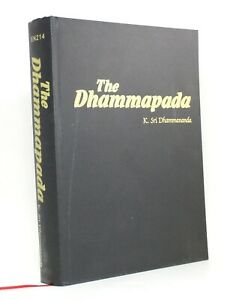MEDITATION CLASSES |
|
Sutta (Discourse)
The Tipitaka, includes three Pitaka baskets (or divisions) and identify the basic scripture or canon at the heart of Buddha’s teachings. This class will focus on the Sutta Pitaka as described below. Vinaya Pitaka – Discipline Basket The first basket, the Vinaya Pitaka, explains and analyzes the rules set forth for the monks and nuns to follow in their monastic life. The several hundred rules are concerned with basic morality, but also include details on robe-making, and other essentials for successful life in the sangha. Sutta Pitaka – Discourse Basket The second basket, the Sutta Pitaka, is a transcription of the Buddha’s sermons, verbal discourses and teachings to his disciples. There are five Nikayas or collections, that contain down-to-earth practical meditation instructions, profound and difficult Suttas that include engaging stories full of human pathos and drama that illustrate important principles of the law of khamma. Through discussion and reflection, we will approach these powerful teachings to spark wisdom and Enlightenment. This is not a lecture course; everyone is expected to participate in the discussion. The aim of our sutta study is not so much to attain an intellectual or academic comprehension of the texts, but to allow the teachings to permeate our hearts to realize the liberating potential in present times Abhidhamma Pitaka – Philosophy Basket The third basket, the Abhidhamma Pitaka, which means further or special teachings, is a systematic philosophical and sometimes “scientific” description of the nature of mind, matter and time. |
DHAMMAPADA DISCUSSION - Great way to start to study Buddhism
|
The Dhammapada (Pāli; Sanskrit: Dharmapada, धर्मपद) is a collection of sayings of the Buddha in verse form and one of the most widely read and best known Buddhist scriptures. The original version of the Dhammapada is in the Khuddaka Nikaya, a division of the Pali Canon of Theravada Buddhism. (From Wikipedia)
Class and Course Fees
The teachings of Buddha are priceless and therefore no fee can be assigned. Bhante gives Dana (generosity to us) by teaching us. And in the Buddhist tradition, we practice Dana (generosity to Bhante) by providing a monetary offering for this teaching so as to say that we value what he has given to us. Dana is not payment for good or services, Dana is given from the heart to show your appreciation for this teaching. |


